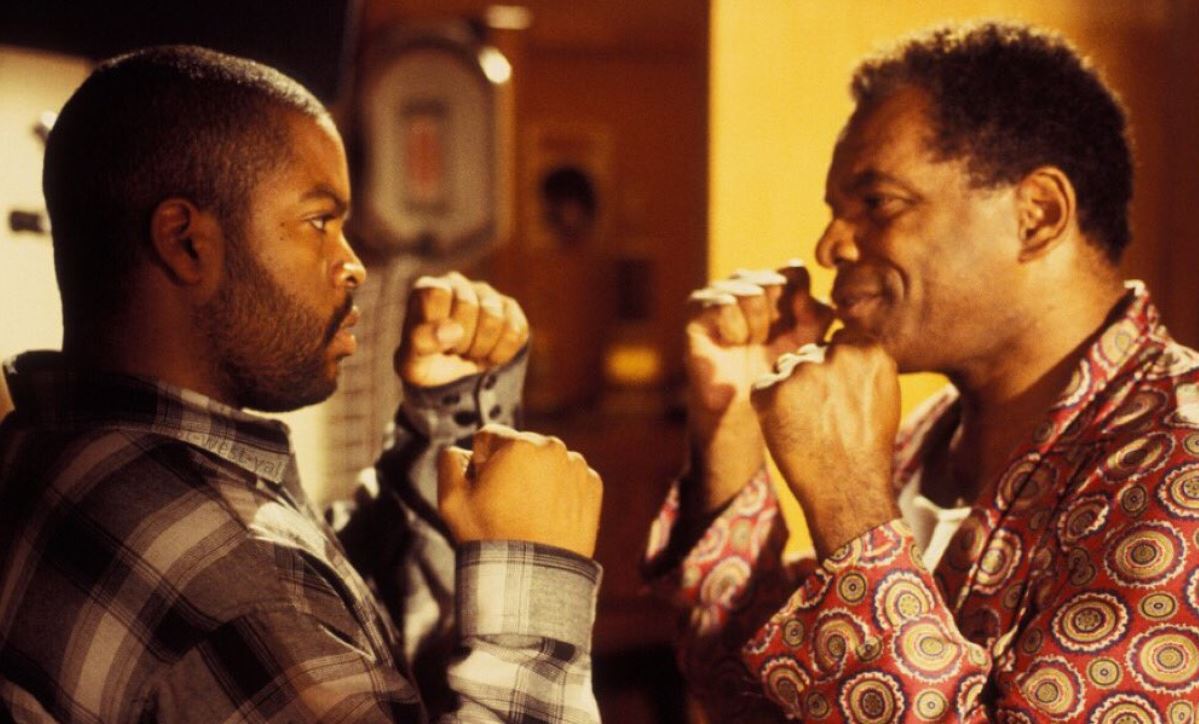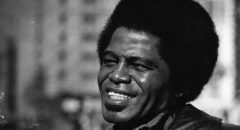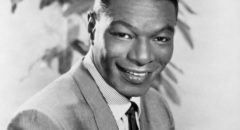
John Weatherspoon, better known as “John Witherspoon” was a comedian and actor. Best known for his role as “Willie Pops Jones” in the Friday series of films, Witherspoon has a vast filmography and television career. Despite not having many leading roles, his over-the-top characters stole scenes and created iconic lines that have lasted beyond the films.
A native of Detroit, Witherspoon began his career as a model but gravitated towards comedy in the 60s and 70s. His quick wit and likable personality gained him many friends in the industry, including the likes of Tim Reid, Robin Williams, Jay Leno, and David Letterman. Letterman eventually became the godfather to Witherspoon’s two sons, John David (JD) and Alexander.

In addition to the Friday series of films, Witherspoon made appearances in many popular and successful films. These include Hollywood Shuffle (1987), I’m Gonna Get You Sucka (1988), House Party (1990), The Five Heartbeats (1991), and Boomerang (1992). It was his character (Mr. Jackson) in Boomerang that taught audiences how to “coordinate” and “bang, bang, bang!”
Witherspoon died of a heart attack in his California home on October 29, 2019. He was survived by his wife, Angela Robinson (1988), and two sons. He was 77 years old.
A heart attack, or myocardial infarction, is when blood flow decreases or stops to a part of the heart, causing damage to the heart muscle. Heart disease is a series of conditions that involve narrowed or blocked blood vessels that can lead to a heart attack, chest pain (angina), or stroke. Black American adults are more likely to be diagnosed with coronary heart disease, and they are more likely to die from heart disease.
RELATED: 7 Very Early Signs You’ll Have A Heart Attack
More black men die from heart attacks associated with stress than any other ethnic group in the United States. There are few early warning signs, which is why it is necessary to get regular check-ups. The check-ups include the following tests:
- Cholesterol – a fat that can add to plaques in your arteries
- Blood Pressure – The American Heart Association says blacks are more than three times as likely to die from heart disease caused by high blood pressure as whites
- ECG or EKG (Electrocardiogram) – test that looks at the electrical activity in the heart.
Some physical signs of heart disease include:







